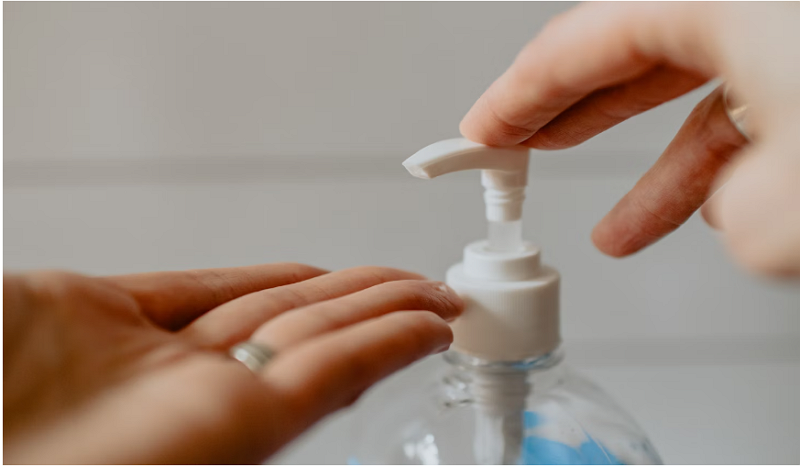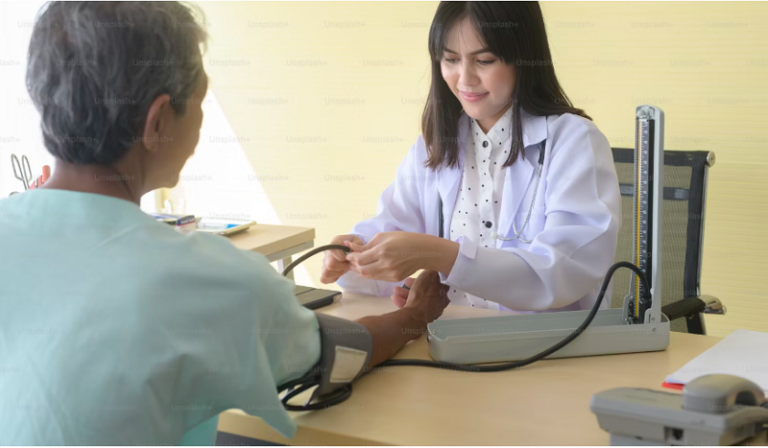
How to Maintain Good Hygiene Practices
Maintaining good hygiene practices is essential for preventing illness and promoting overall health. Proper hygiene helps protect against infections, reduces the spread of germs, and enhances well-being. Here are ten practical tips to help you improve your preventive health care through proper hygiene practices.
1. Wash Your Hands Regularly
Handwashing is one of the most effective ways to prevent the spread of germs. Wash your hands with soap and water for at least 20 seconds, especially before eating, after using the restroom, and after touching potentially contaminated surfaces. Use hand sanitizer with at least 60% alcohol when soap and water are not available.
2. Maintain Oral Hygiene
Good oral hygiene prevents dental problems and reduces the risk of infections. Brush your teeth at least twice a day with fluoride toothpaste and floss daily to remove plaque and food particles. Regular dental check-ups and cleanings are also crucial for maintaining oral health.
3. Practice Respiratory Hygiene
Cover your mouth and nose with a tissue or your elbow when coughing or sneezing to prevent the spread of respiratory droplets. Dispose of tissues immediately and wash your hands afterward. Wearing a mask when you are sick or in crowded places can also help reduce the spread of infections.
4. Bathe Regularly
Regular bathing helps remove dirt, sweat, and bacteria from your skin, preventing body odor and skin infections. Use mild soap and water to clean your body and pay special attention to areas prone to sweating. Bathing also provides an opportunity to inspect your skin for any unusual changes.
5. Keep Your Nails Clean
Dirt and germs can accumulate under your nails, leading to infections. Trim your nails regularly and clean under them with a nail brush. Avoid biting your nails, as this can transfer germs from your hands to your mouth.
6. Clean and Disinfect Surfaces
Regularly clean and disinfect frequently touched surfaces such as doorknobs, light switches, countertops, and electronic devices. Use disinfectant wipes or sprays to kill germs and reduce the risk of infection. Pay special attention to areas that may harbor bacteria and viruses.
7. Practice Safe Food Handling
Proper food handling practices are essential to prevent foodborne illnesses. Wash your hands before and after handling food, cook food to the appropriate temperature, and store leftovers promptly. Use separate cutting boards for raw meat and vegetables to avoid cross-contamination.
8. Change and Wash Clothes Regularly
Wearing clean clothes helps maintain personal hygiene and prevents skin infections. Change your clothes daily, especially underwear and socks. Wash your clothes regularly using laundry detergent and hot water to kill germs and bacteria.
9. Use Personal Protective Equipment (PPE)
In situations where you are exposed to potential contaminants, such as during cleaning or providing care to a sick person, use appropriate PPE such as gloves and masks. Proper use of PPE helps protect you from infection and prevents the spread of germs.
10. Educate Yourself and Others
Stay informed about proper hygiene practices and educate your family and friends. Encourage others to adopt good hygiene habits, such as regular handwashing and respiratory hygiene. By promoting good hygiene within your community, you help create a healthier environment for everyone.
Conclusion
Maintaining good hygiene practices is a fundamental aspect of preventive health care. By following these practical tips, you can reduce the risk of infections, improve your overall health, and promote a cleaner, safer environment. Consistent and proper hygiene practices are essential for protecting yourself and others from illness. Start incorporating these habits into your daily routine to enhance your preventive health care efforts and enjoy a healthier life.




